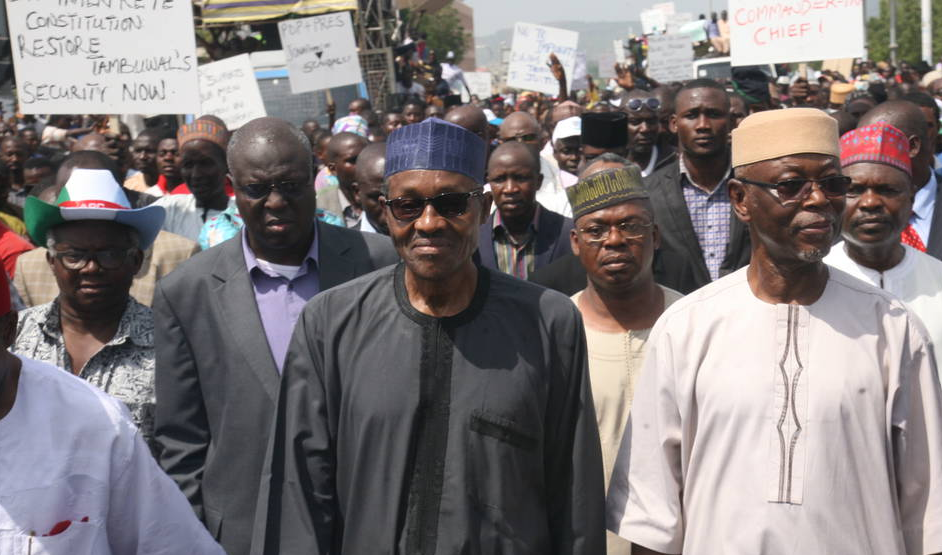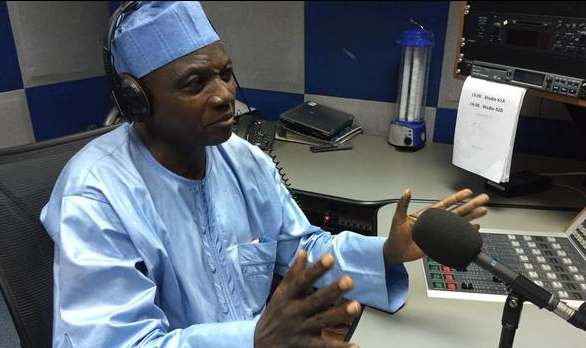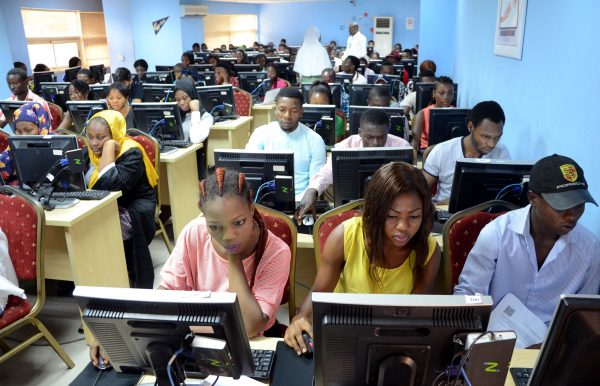The Corruption and Financial Crime Cases Trial Monitoring Committee (COTRIMCO) has listed some factors slowing down the disposal of corruption cases.
According to Soji Oye, spokesman of the National Judicial Council (NJC), the committee identified factors in an interim report submitted to the council.
“The Corruption and Financial Crime Cases Trial Monitoring Committee (COTRIMCO) has identified poor prosecution, absence of counsel for parties in court, reliance on irrelevant documentary evidence, multiplicity of charges, non-adherence to court rules\procedures, retirement\transfer of judges, re-assignment of cases to start de-novo, amendment of charges after commencement of trial, and cumbersome record transmission process to court of appeal amongst others as some of the factors militating against speedy disposal of corruption cases,” Oye said in statement.
“These facts are contained in the interim report presented by the chairman of the committee, Hon. Justice Suleiman Galadima, (Rtd) CFR, at the 86 the meeting of the National Judicial Council.
Advertisement
“The committee distilled the issues from its findings from discussions with heads of courts and observations made from the surprise visits of the members to courts handling corruption and financial crime cases in some parts of country.”
On poor prosecution, the committee said offenders are charged to court before proper investigations of the charges are done.
“Afterwards, [prosecution] expecting the court to detain such alleged offenders till conclusion of their investigation. Some prosecutors lack the requisite experience to prosecute corruption cases, which invariably leads to poor handling of such cases,” it read.
Advertisement
“Lack of commitment on the part of some prosecutors and collusion between them and defence counsel to pervert justice either by stalling the trials of cases or achieving pre-determined results. There is no threshold to the number of witnesses the prosecution calls.
“Inadequate funding of prosecution Agencies to carry out thorough investigation of the corruption cases with attendant low quality prosecution cases; and frequent requests for adjournment by the prosecutors. The committee also observed the issue of multiplicity of cases involving the same defendants, and on similar subject matters going on in different courts at the same time.
“This particular factor makes it impossible for some trials to proceed. In spite of the fact that the Administration of Criminal Justice Act (ACJA) 2015, provides for day-to-day trials of criminal cases, a defendant who is undergoing trial in other courts is always unavailable for trial.
“Prison on its part contributes to the delay by failing to remind court of subsisting order to reproduce suspects in court and most times lack means to convey awaiting trials to the law court.”
Advertisement
Oye said the committee recommended that ther need for prosecuting agencies to have competent prosecution departments that would be manned by qualified personnel.
“There is need for synergy between the various prosecution agencies to enhance proper prosecution of criminal cases. Use of professionals, such as accountants, auditors, etc, to investigate high profile and complicated cases,” the committee said .
“[There is] need for training and re-training of staff of court handling criminal cases. Need to provide judicial officers with a legal\research assistant to make their work easier. Proper funding for the judiciary and prosecuting agencies. Deployment of more judges to handle designated corruption cases. Complete overhaul of both physical and technical infrastructures in designated courts as some of them are small and not well ventilated and the need to come up with practise directions for corruption cases trial to cure anomalies in the trial of the cases.”
Advertisement
Add a comment







